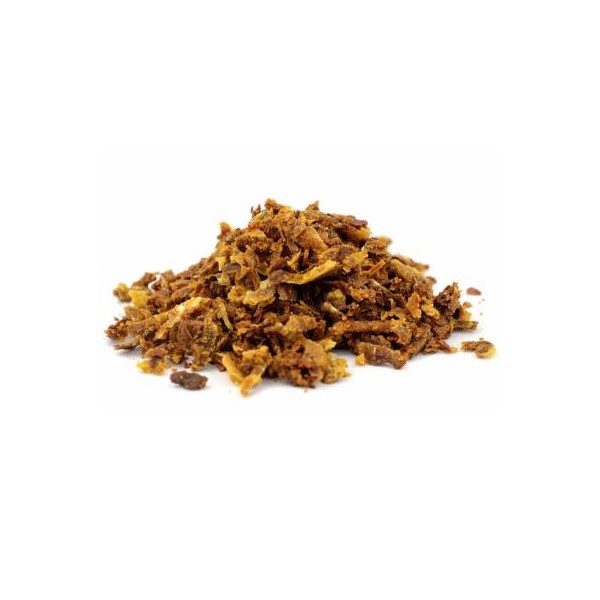Packaging: 20 g (or 100 g, 200 g, 300 g, 500 g & 1 kg) containing raw Natural Propolis.
(Price includes VAT.)
Propolis is a natural resinous substance produced by bees during the collection of plant resins and bark for use within the hive. It is said to support a healthy immune system and protect against various health conditions. Propolis is one of the most versatile substances with a wide range of health benefits, effective both when ingested and applied topically for cuts, oral sores, and ulcers.
Scientific studies have revealed that propolis contains 16 amino acids, vitamins A, B1, B2, B3, calcium, magnesium, iron, zinc, silicon, potassium, phosphorus, and many other components that work synergistically, creating this natural wonder. It is rich in bioflavonoids that have anti-inflammatory, antimicrobial, antibacterial, antiviral, and antifungal properties, playing a crucial role in maintaining a healthy immune system.
Common uses include topical applications for skin rashes and oral intake for treating cold sores. Raw propolis can be chewed like gum, made into tinctures, or used to create various products, cosmetics, and medicines.
Storage: Best kept in the refrigerator.
Usage Instructions:
- Collect propolis from the hive, ensuring it's free from foreign materials.
- Clean the propolis by rinsing it in cold water and removing any floating debris.
- Dry the propolis and ensure it doesn't get too warm during handling.
- For tincture preparation, mix one part propolis with three parts 95° ethyl alcohol, ensuring the tincture doesn't exceed 30% concentration.
What is Propolis?
Plants cover their buds and tender leaves with a thin resinous membrane to protect them from various attacks. Bees collect this resinous membrane early in the spring from willows, poplars, chestnuts, pines, oaks, alders, heaths, and arbutus.
After mixing it with their own secretions, they use it as building material to:
- Fortify their hive-city.
- Reduce the entrance of the hive so that only the bees can enter and exit, keeping out external threats.
- Seal the hive using it as a waterproof material, filling any cracks and holes in the walls.
- Prepare royal chambers for the queen to lay eggs.
- Sterilize their hive from infectious diseases.
Propolis Helps Heal:
- Sunburns and all types of burns
- Allergies
- Eye conditions and inflammations
- Ulcerative gingivitis
- Oral ulcers
- Respiratory infections
- Asthma and chronic pneumonia
- Pharyngitis
- Flu
- Otitis media and ear infections
- Prostate issues
- Pancreatitis
- Gynecological conditions
- Viral and fungal infections
- Ulcers and wounds
- Stomach ulcers
- Eczema and skin conditions
Storage: Best kept in the refrigerator.
Ingredients Needed for Tincture Preparation:
- Propolis
- 95° Ethyl Alcohol (for distillation)
- Airtight jar
- Coffee filter
- Syringe
- Small bottles
- Scale
Procedure:
Step 1: Collection
- Collect propolis from the hive, ensuring it's free from foreign materials like wax, colors, wood, etc.
- Collection can be done by scraping various parts of the hive or using special sieves for a cleaner result.
- Crush larger pieces into smaller bits.
Step 2: Cleaning
- Spread the propolis on a large surface and visually remove any foreign matter.
- Place the propolis in a container with cold water, mix, and remove any floating debris. Repeat if necessary.
- Allow the propolis to dry.
Note: Avoid high temperatures as excessive heat makes propolis difficult to handle; it's best stored in the freezer.
Step 3: Ratio Calculation
- Typically, a ratio of 1:3 is applied, meaning one part raw propolis to three parts 95° ethyl alcohol.
- Ensure the tincture concentration does not exceed 30%.
Step 4: Mixture Preparation
- Place the mixture in an airtight jar and store it in a dark, moisture-free area.
- Shake the mixture once or twice daily for the first week.
- Let it sit for at least a month for the alcohol to absorb the properties of the propolis.
Step 5: Collection
- Time to collect! Using a syringe, carefully draw the upper part of the mixture without sucking up the sediment.
- Finally, filter the mixture through a coffee filter, fill the small bottles, and the propolis tincture is ready for use.
Additional Uses:
- The sediment can be used as fertilizer or to make ointments.
- The propolis solution is beneficial for both external and internal use.
Origin: Greece, Imathia Region
Storage: In a dark and cool place (5°C – 15°C)





